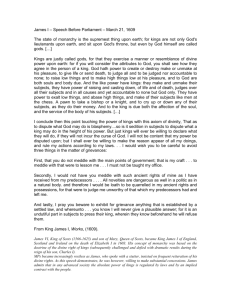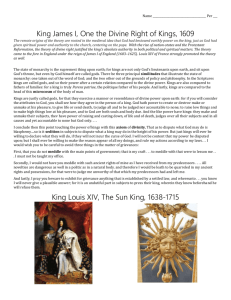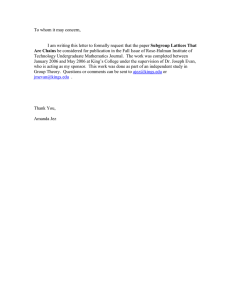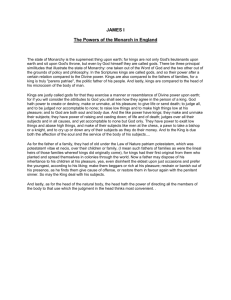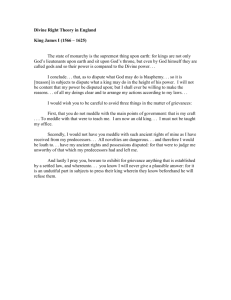Summary Writing Guide: Tips & Strategies for Effective Summaries
advertisement
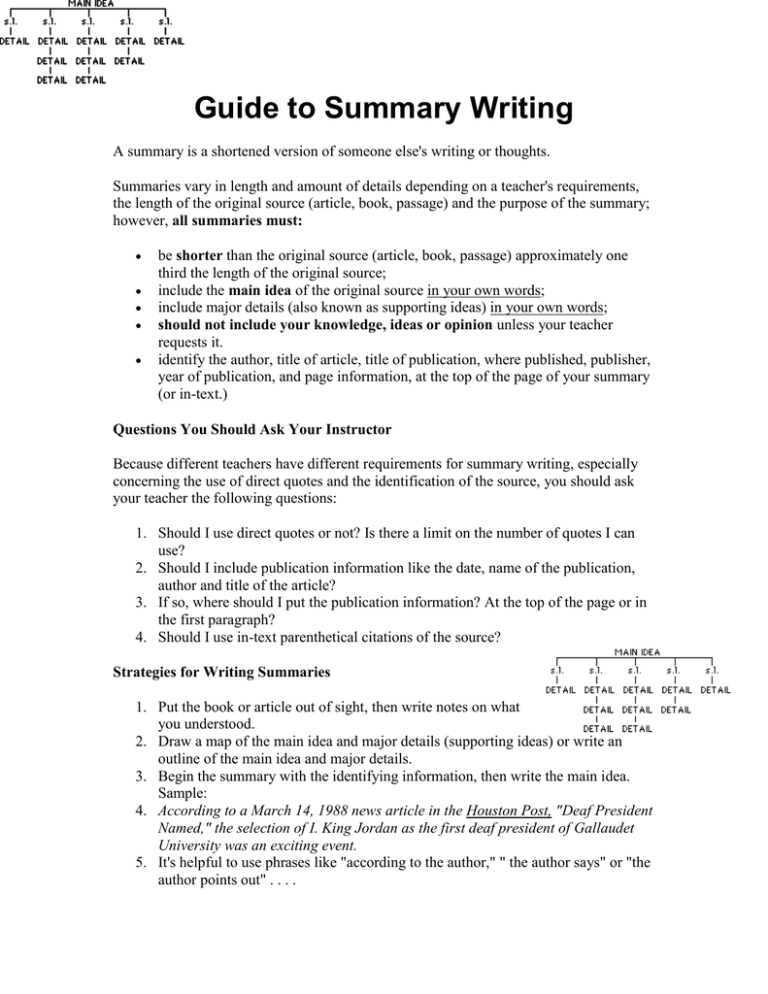
Guide to Summary Writing A summary is a shortened version of someone else's writing or thoughts. Summaries vary in length and amount of details depending on a teacher's requirements, the length of the original source (article, book, passage) and the purpose of the summary; however, all summaries must: be shorter than the original source (article, book, passage) approximately one third the length of the original source; include the main idea of the original source in your own words; include major details (also known as supporting ideas) in your own words; should not include your knowledge, ideas or opinion unless your teacher requests it. identify the author, title of article, title of publication, where published, publisher, year of publication, and page information, at the top of the page of your summary (or in-text.) Questions You Should Ask Your Instructor Because different teachers have different requirements for summary writing, especially concerning the use of direct quotes and the identification of the source, you should ask your teacher the following questions: 1. Should I use direct quotes or not? Is there a limit on the number of quotes I can use? 2. Should I include publication information like the date, name of the publication, author and title of the article? 3. If so, where should I put the publication information? At the top of the page or in the first paragraph? 4. Should I use in-text parenthetical citations of the source? Strategies for Writing Summaries 1. Put the book or article out of sight, then write notes on what you understood. 2. Draw a map of the main idea and major details (supporting ideas) or write an outline of the main idea and major details. 3. Begin the summary with the identifying information, then write the main idea. Sample: 4. According to a March 14, 1988 news article in the Houston Post, "Deaf President Named," the selection of I. King Jordan as the first deaf president of Gallaudet University was an exciting event. 5. It's helpful to use phrases like "according to the author," " the author says" or "the author points out" . . . . King James I, Works (On the Divine Right of Kings) Chapter 20 The state of monarchy is the supremest thing upon earth; for kings are not only God's lieutenants upon earth, and sit upon God's throne, but even by God himself are called gods. There be three principal similitudes that illustrate the state of monarchy: one taken out of the word of God; and the two other out of the grounds of policy and philosophy. In the Scriptures kings are called gods, and so their power after a certain relation compared to the divine power. Kings are also compared to fathers of families: for a king is truly Parens patriae, the politique father of his people. And lastly, kings are compared to the head of this microcosm of the body of man. Kings are justly called gods, for that they exercise a manner or resemblance of divine power upon earth: for if you will consider the attributes to God, you shall see how they agree in the person of a king. God hath power to create or destroy make or unmake at his pleasure, to give life or send death, to judge all and to be judged nor accountable to none; to raise low things and to make high things low at his pleasure, and to God are both souls and body due. And the like power have kings: they make and unmake their subjects, they have power of raising and casting down, of life and of death, judges over all their subjects and in all causes and yet accountable to none but God only. . . . I conclude then this point touching the power of kings with this axiom of divinity, That as to dispute what God may do is blasphemy....so is it sedition in subjects to dispute what a king may do in the height of his power. But just kings will ever be willing to declare what they will do, if they will not incur the curse of God. I will not be content that my power be disputed upon; but I shall ever be willing to make the reason appear of all my doings, and rule my actions according to my laws. . . I would wish you to be careful to avoid three things in the matter of grievances: First, that you do not meddle with the main points of government; that is my craft . . . to meddle with that were to lesson me . . . I must not be taught my office. Secondly, I would not have you meddle with such ancient rights of mine as I have received from my predecessors . . . . All novelties are dangerous as well in a politic as in a natural body. and therefore I would be loath to be quarreled in my ancient rights and possessions, for that were to judge me unworthy of that which my predecessors had and left me. And lastly, I pray you beware to exhibit for grievance anything that is established by a settled law, and whereunto . . . you know I will never give a plausible answer; for it is an undutiful part in subjects to press their king, wherein they know beforehand he will refuse them. From King James I, Works, (1609)
